Summary
- The sleep hormone: melatonin
- Cortisol: The Stress Hormone and Its Link to Sleep
- Sleep and growth hormone
- Hunger hormones: leptin and ghrelin
- Sleep and insulin: a link with diabetes
- Sleep and sex hormones
- How to improve your sleep for better hormonal balance?
- Regular routine
- Conducive environment
- Reduce screen time before bed
- Adapted diet
- Relaxation techniques
Sleep is often overlooked in our quest for good health. Yet, it plays a crucial role in maintaining our hormonal balance, which has profound implications for our overall well-being. In this article, we'll explore how sleep influences our hormones and why it's essential to give it the importance it deserves.
1. The sleep hormone: Melatonin
Melatonin is the key hormone regulating our sleep-wake cycle. Produced by the pineal gland in response to darkness, it helps signal to our body that it's time to sleep. Quality sleep allows for optimal melatonin production. However, exposure to blue light from screens before bed can disrupt this production, delaying sleep onset and affecting sleep quality.
2. Cortisol: the stress hormone and its link to sleep
Cortisol, often referred to as the "stress hormone," follows a circadian cycle with levels highest in the morning and lowest at night. Insufficient or poor-quality sleep can lead to excess cortisol production, disrupting this cycle. Chronically elevated cortisol levels can cause anxiety, weight gain, and metabolic disorders.
3. Sleep and growth hormone
Growth hormone is primarily secreted during the deep stages of sleep, including slow-wave sleep. This hormone is essential for tissue repair, muscle growth, and cell regeneration. People deprived of deep sleep may therefore have difficulty recovering from physical exertion and maintaining healthy muscle mass.
4. Hunger hormones: leptin and ghrelin
Sleep has a direct impact on the hormones that regulate our appetite: leptin and ghrelin. Leptin, produced by fat cells, signals to our brain that we are full. In contrast, ghrelin, produced in the stomach, stimulates appetite. A lack of sleep reduces leptin levels and increases ghrelin levels, which can lead to increased appetite and weight gain.
5. Sleep and insulin: a link with diabetes
Insulin is the hormone that regulates our blood sugar levels. Disrupted sleep can impair insulin sensitivity, increasing the risk of developing insulin resistance and, ultimately, type 2 diabetes. Studies show that even one night of insufficient sleep can reduce insulin sensitivity, highlighting the importance of regular, quality sleep.
6. Sleep and sex hormones
Sleep also affects sex hormones such as testosterone and estrogen. In men, sleep deprivation can lead to a decrease in testosterone production, affecting libido, energy, and muscle health. In women, insufficient sleep can disrupt estrogen and progesterone levels, affecting the menstrual cycle and fertility.
7. How to improve your sleep for better hormonal balance?
To maximize the benefits of sleep on our hormonal balance, here are some practical tips:
- Establish a regular sleep routine: Going to bed and getting up at approximately the same time each day helps regulate our internal clock.
- Create an environment conducive to sleep: A dark, quiet and cool bedroom promotes restful sleep.
- Avoid electronic stimulation before bedtime: Reduce exposure to blue light from screens one hour before bedtime to promote melatonin production.
- Eat a balanced diet: Limit caffeine and alcohol consumption, especially in the evening.
- Practice relaxation techniques: Meditation, yoga, or breathing exercises can help reduce stress and prepare the body for sleep.
Conclusion
Sleep is more than just rest; it's a key regulator of our hormonal balance and, by extension, our overall health. By paying close attention to our sleep hygiene, we can improve our physical, mental, and emotional well-being. Take care of your sleep and your hormones will thank you!


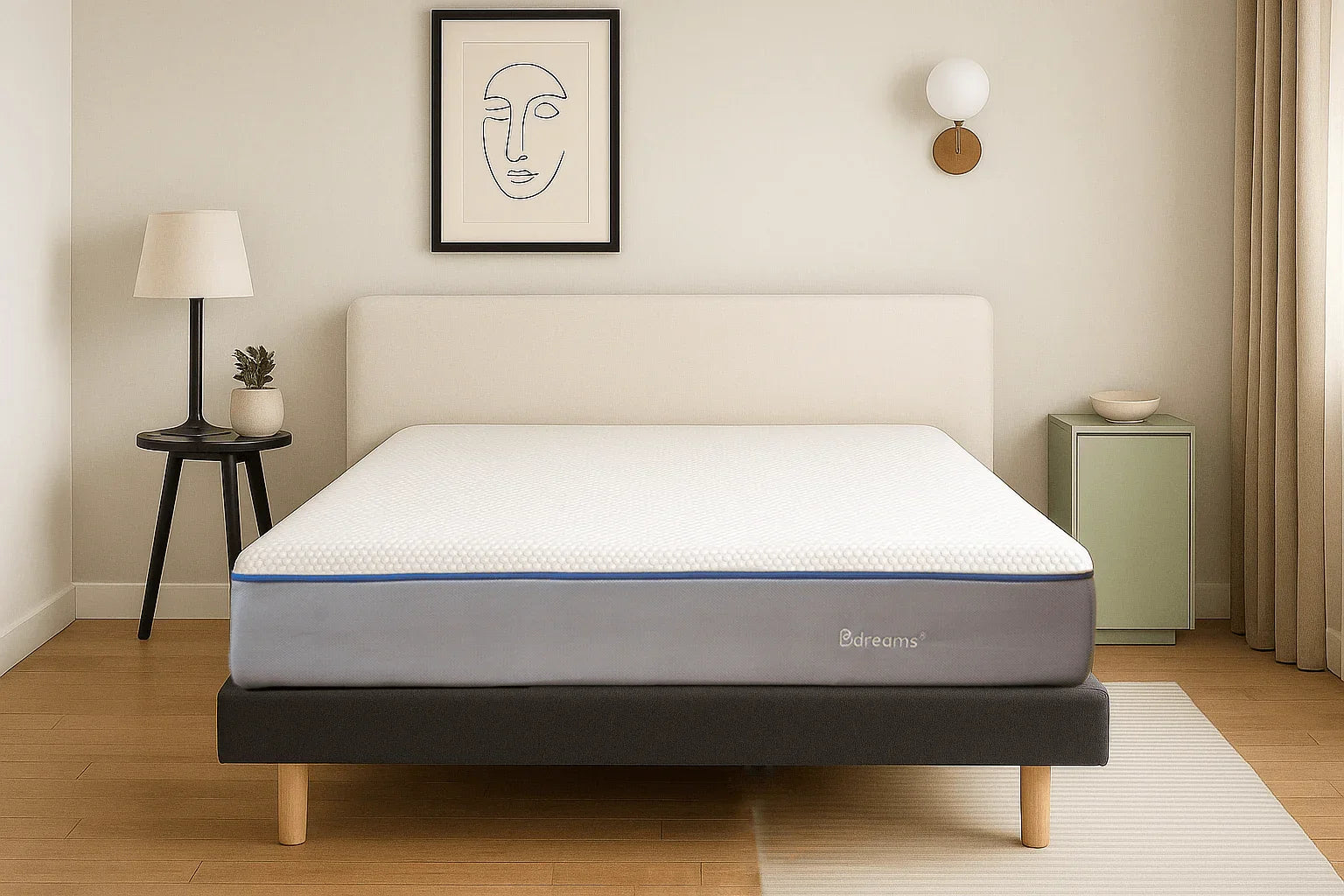
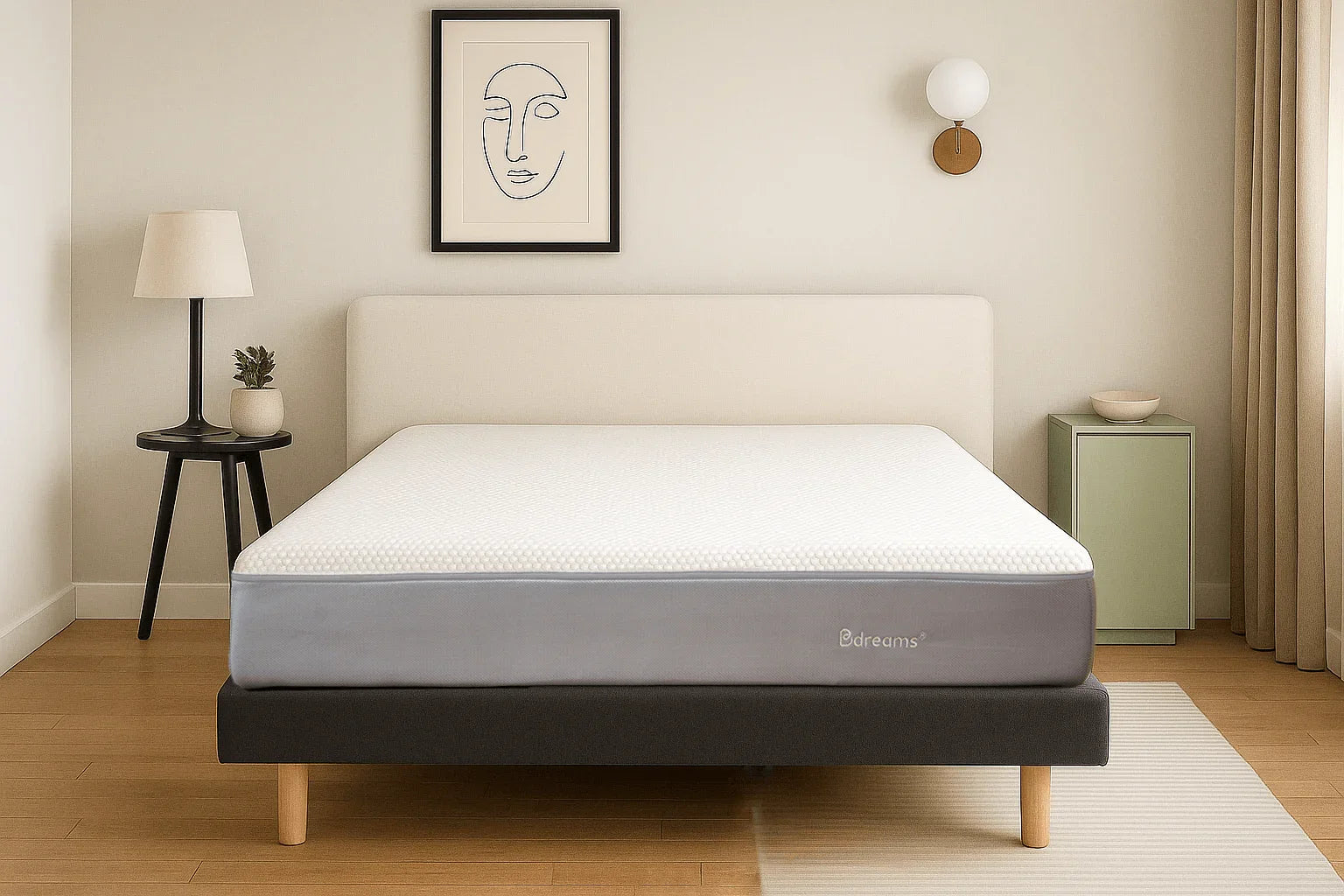

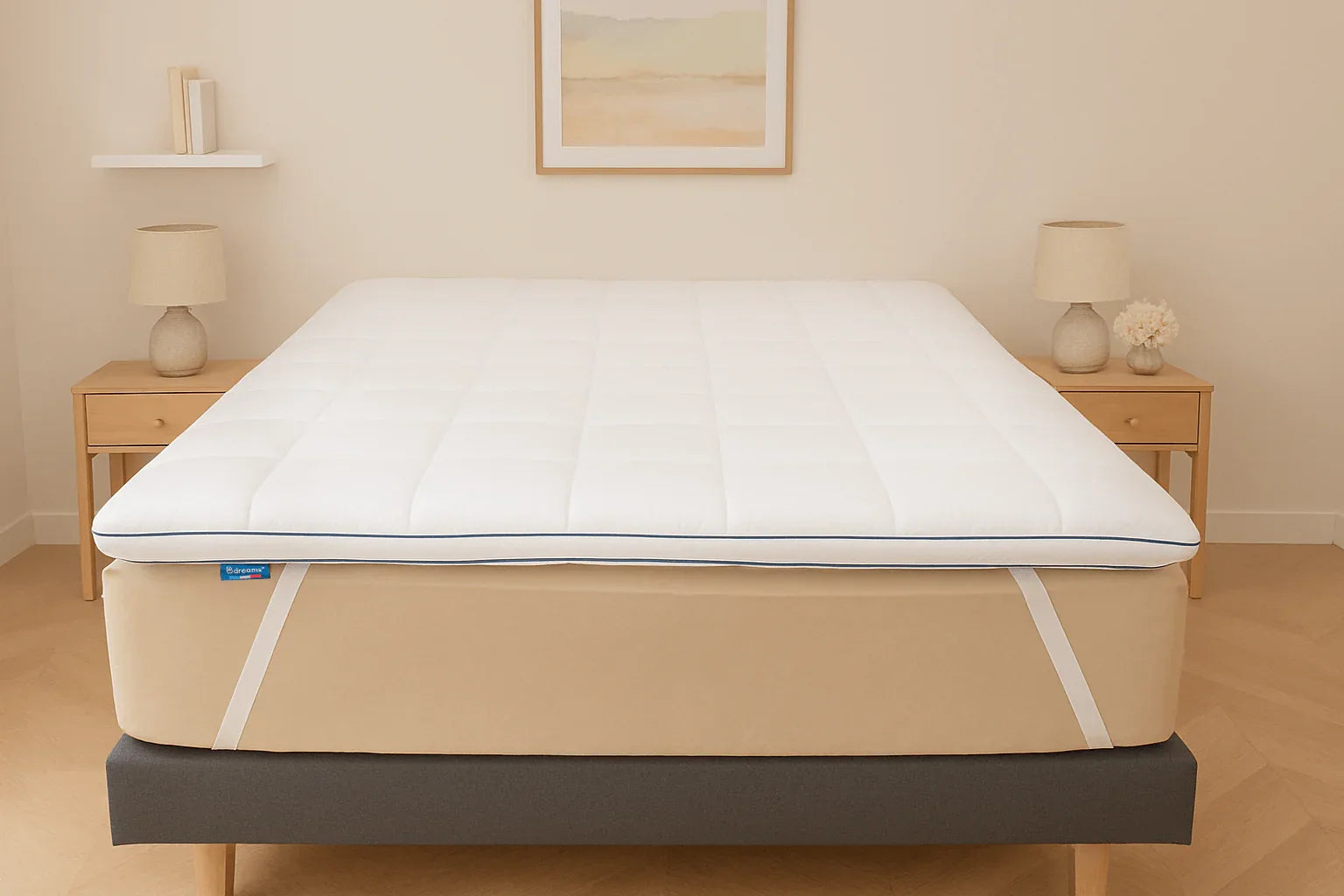
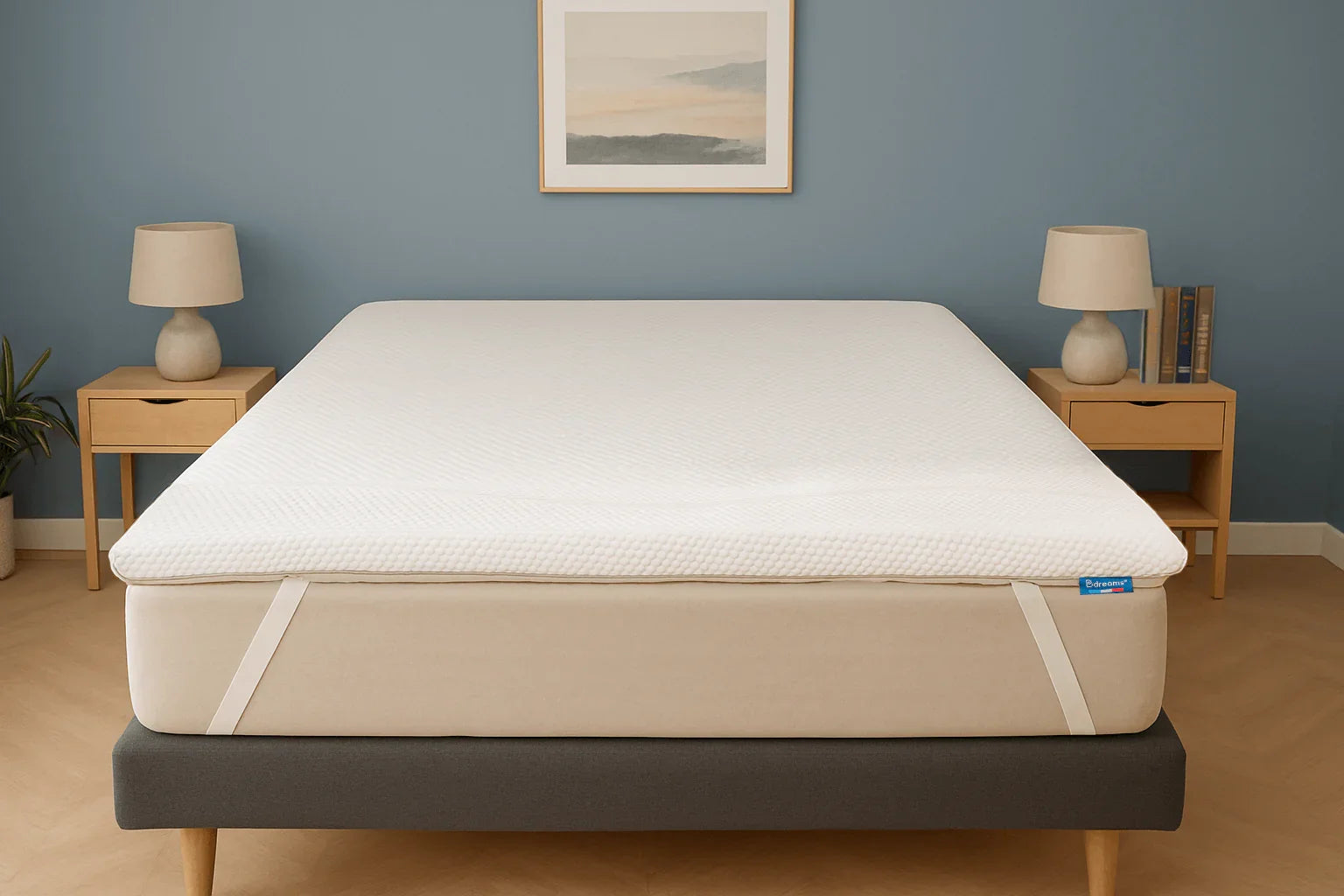
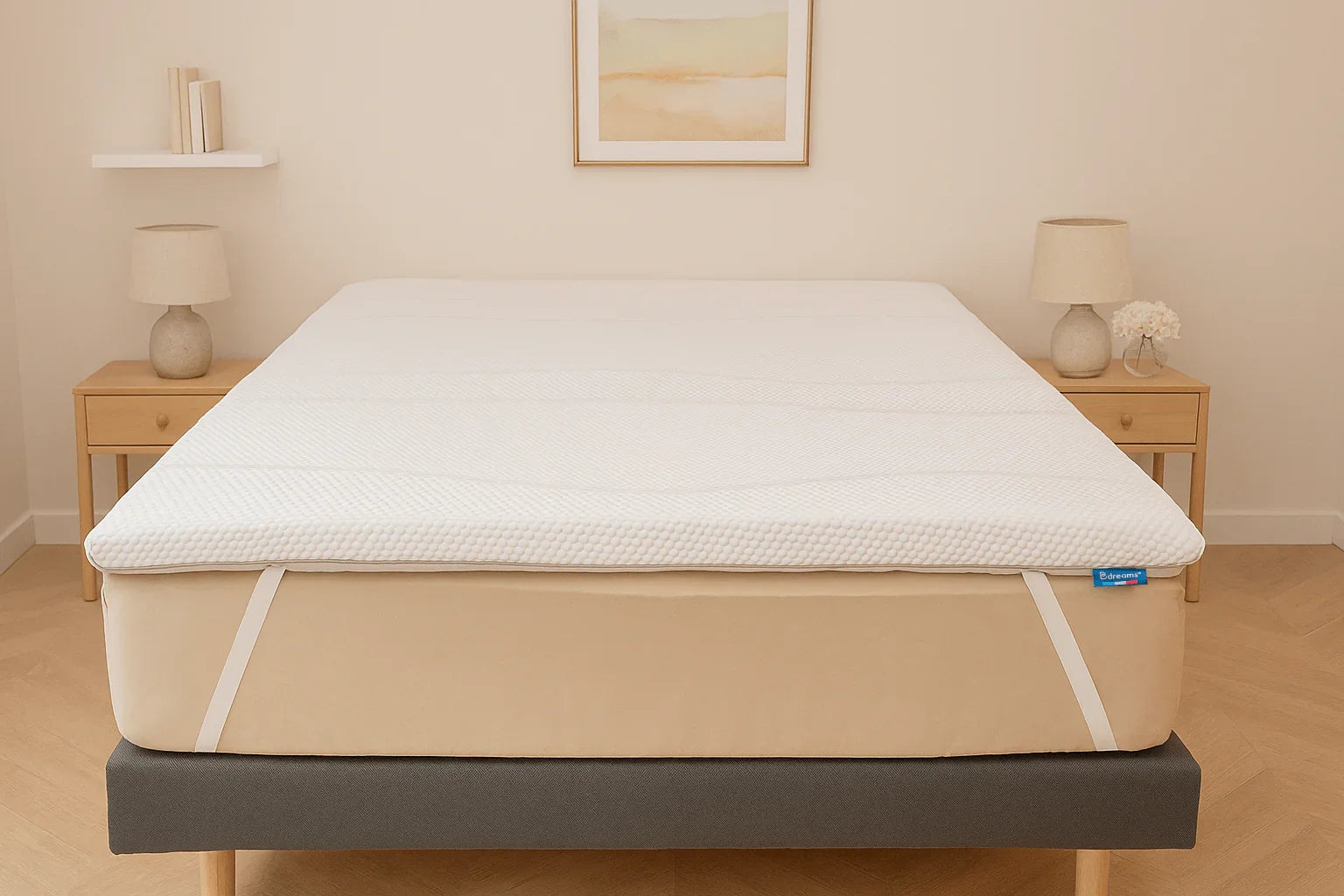
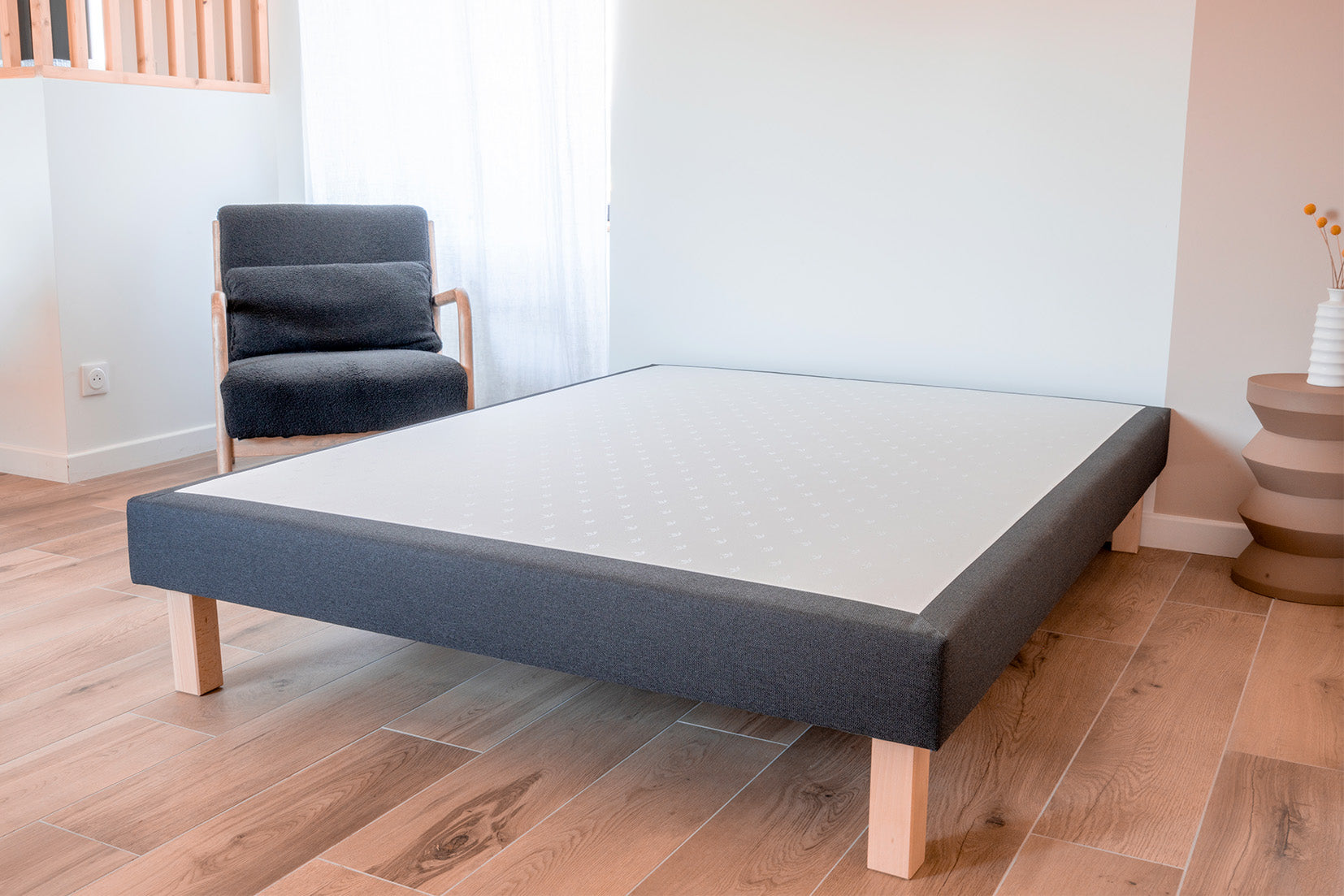
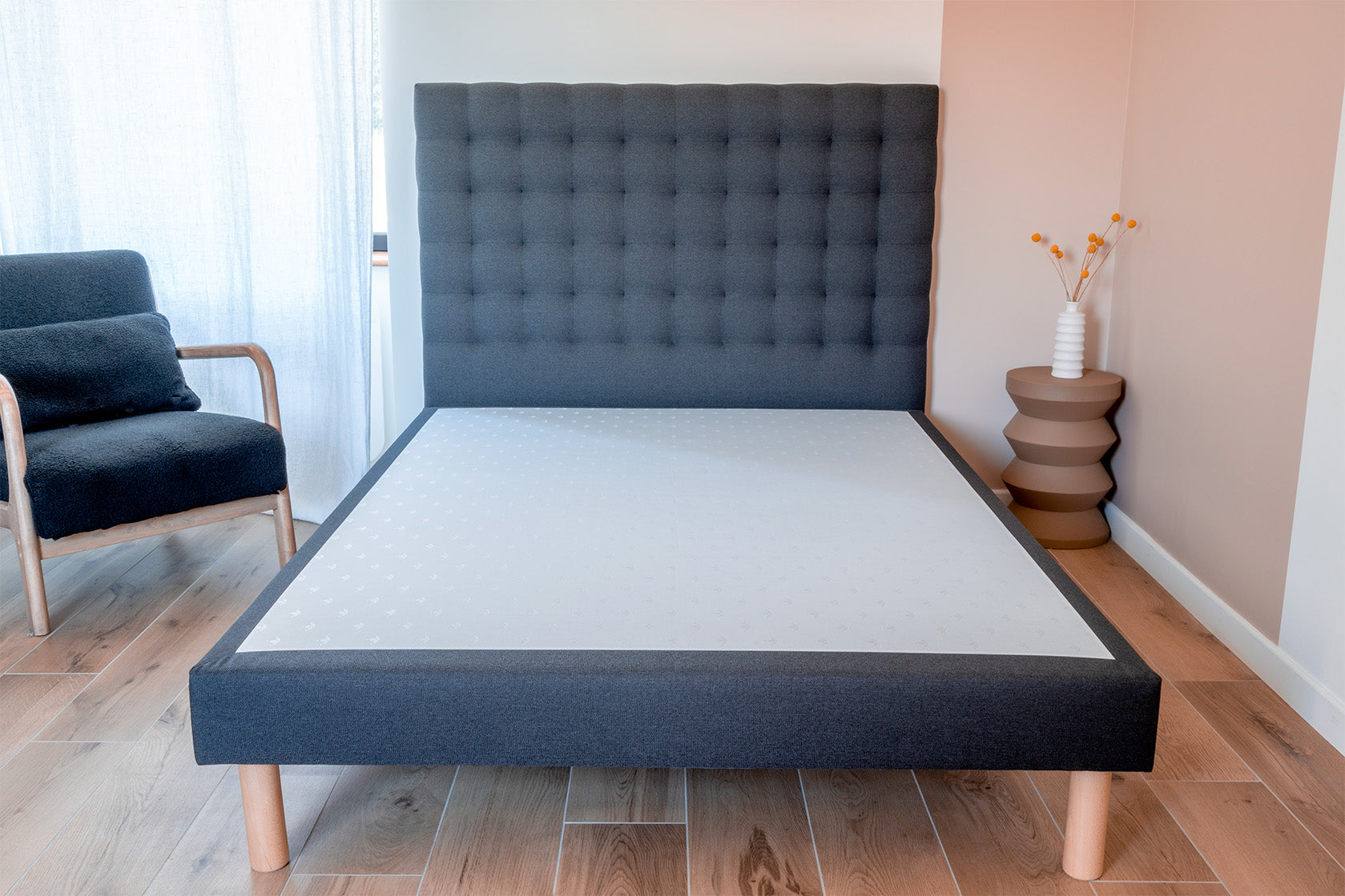

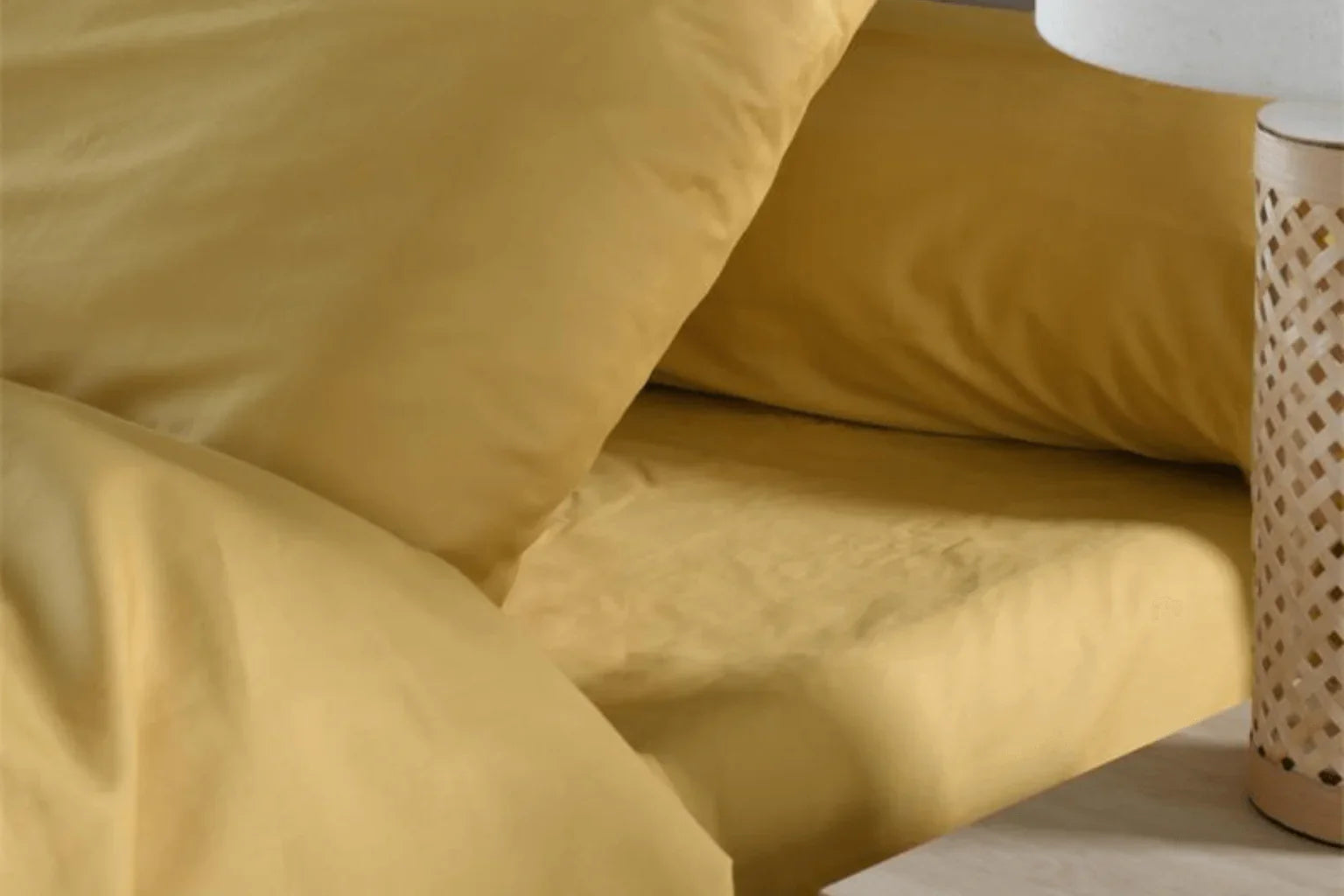






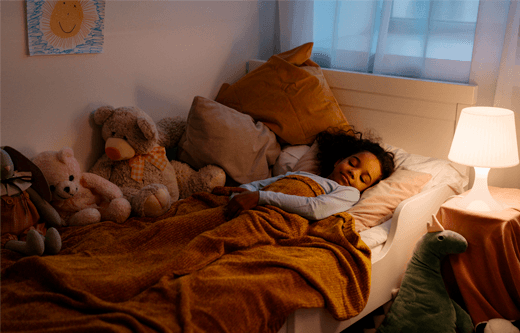
Leave a comment
This site is protected by hCaptcha and the hCaptcha Privacy Policy and Terms of Service apply.